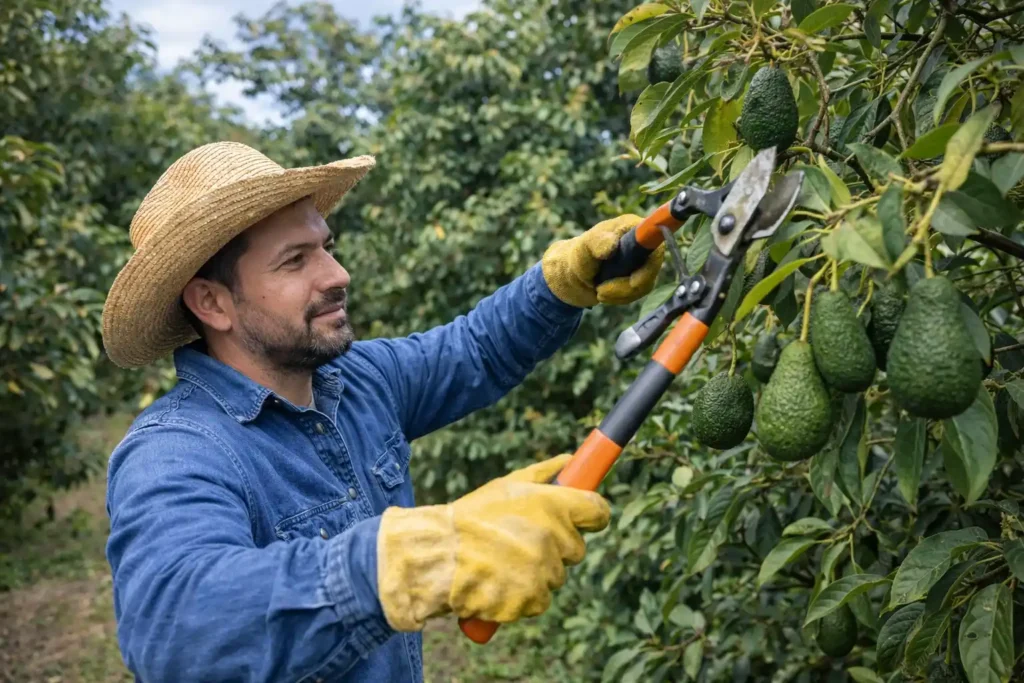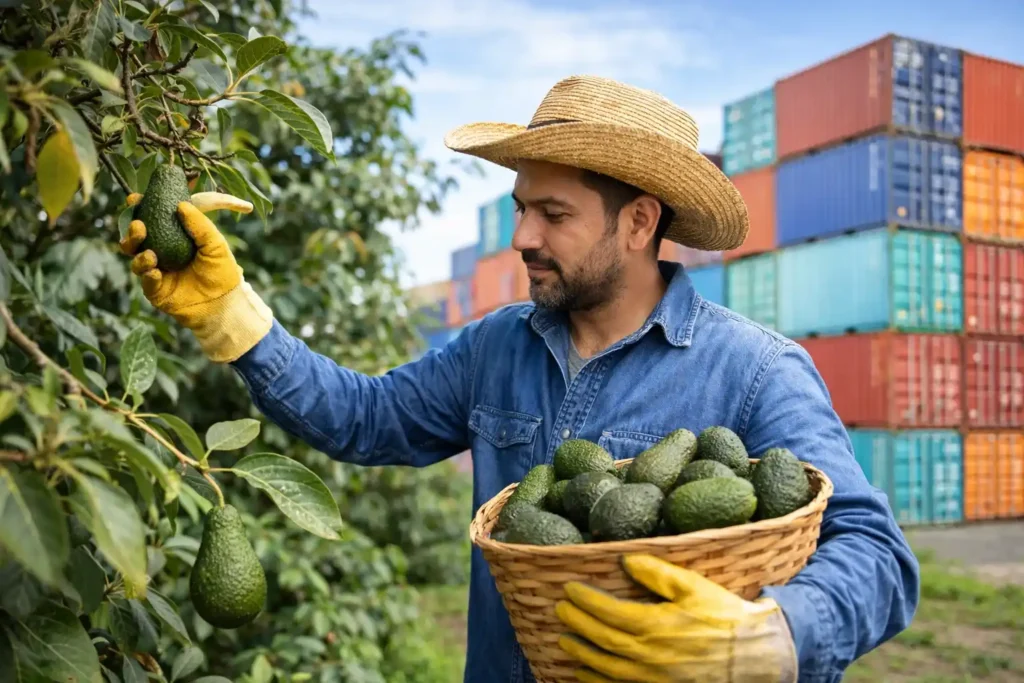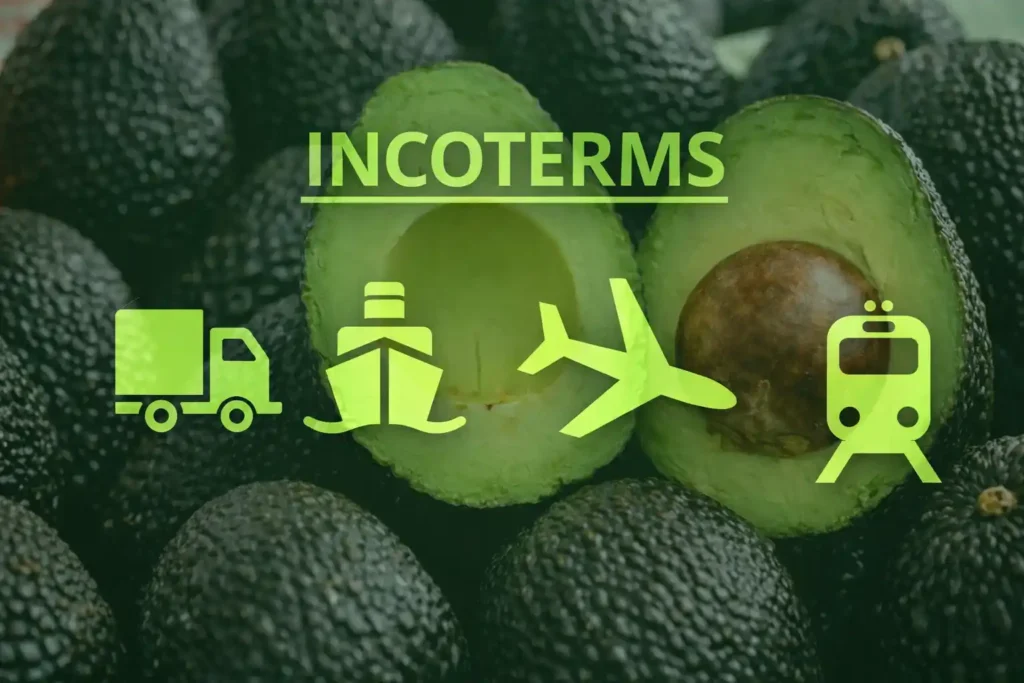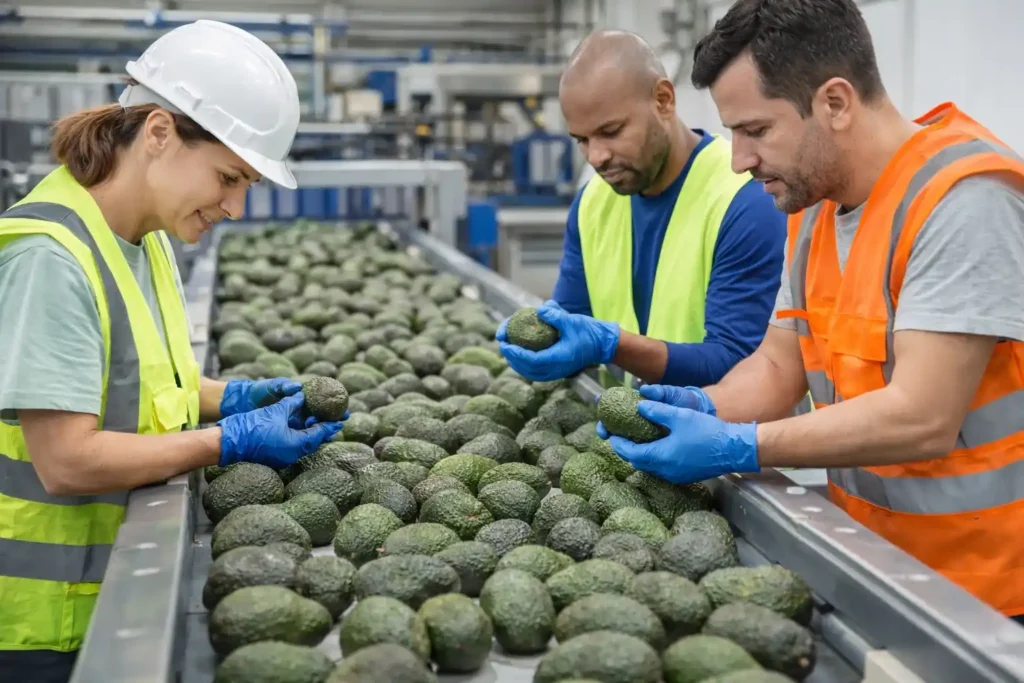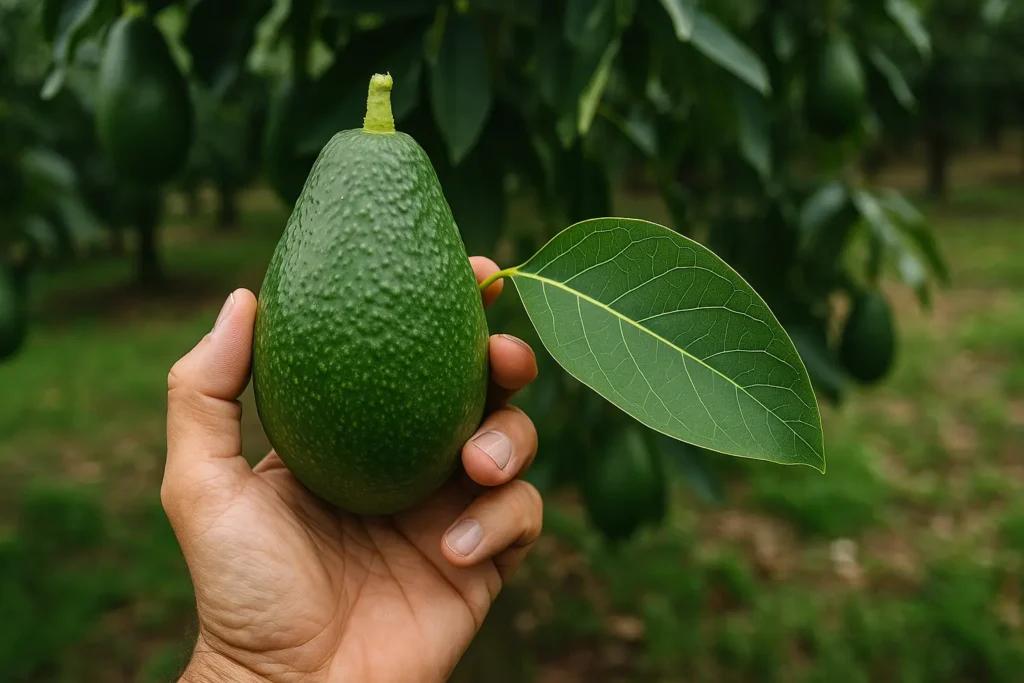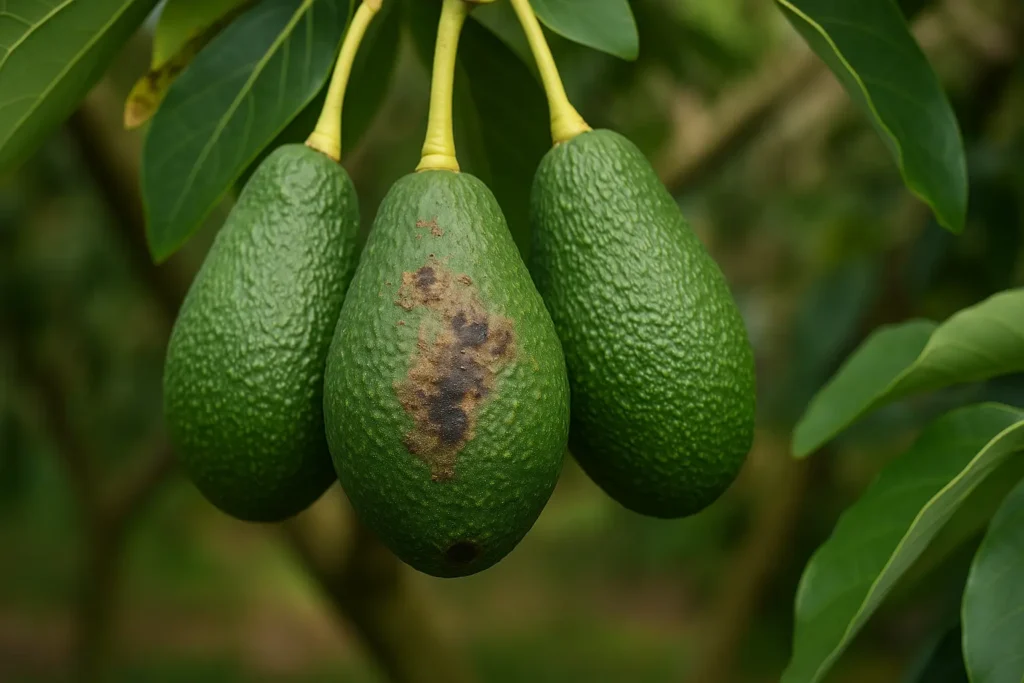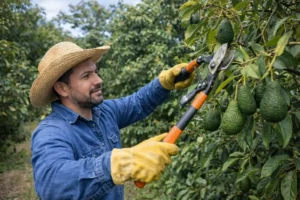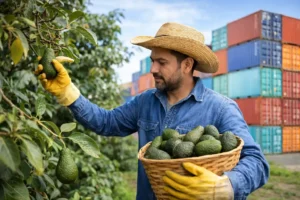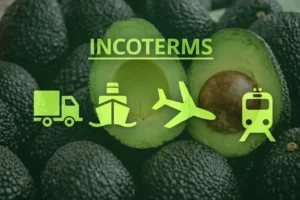The yield per hectare of Hass avocado is one of the most important aspects to ensure efficiency and quality in agricultural production. In this article, we will explore the factors that influence yield, the average in different regions, the importance of quality, and how proper planning can make a difference.
Factors that Influence the Yield per Hectare of Hass Avocado
The yield per hectare of Hass avocado depends on multiple factors that affect the productivity and quality of the crop. Below we explain the main factors:
- Weather conditions: Hass avocado requires a temperate climate with moderate temperatures. Frost, excessive rainfall or prolonged periods of drought can significantly reduce yield.
- Soil quality: Nutrient-rich, well-drained soil is necessary for optimal performance. For example, conducting regular soil tests to ensure it meets standards and applying improvement techniques such as organic fertilization and crop rotation verifies that the soil is optimal.
- Agricultural management practices: Proper pruning, efficient water management and integrated pest control are essential to obtain the maximum yield per hectare of Hass avocado.
- Technology applied to cultivation: The use of technology, such as humidity sensors and drones for monitoring, allows for optimizing resources and increasing productivity. These tools are part of the commitment to innovation and sustainability.
Average Yield in Different Regions
The yield per hectare of Hass avocado varies significantly depending on the region, influenced by factors such as climate, soil and agricultural practices. In areas with ideal conditions and proper management, yields can reach between 8 and 12 tons per hectare per year. In Colombia, for example, average yields range between 6 and 8 tons per hectare, while in countries such as Mexico, yields can vary due to differences in cultivation techniques.
In international markets, such as Chile or Peru, the yield per hectare tends to be competitive due to the high level of technology. However, the combination of technology, environmental care and an expert team allows us to position ourselves as a benchmark in the production of Hass avocado.
Importance of Quality in Performance
The yield per hectare of Hass avocado is measured by the quantity of fruit produced and by its quality, which maximizes the value of the crop in the market. Quality directly affects the profitability and acceptance of the product in national and international markets. Here we explain how.
Factors that determine quality
The quality of the Hass avocado depends on its size, texture, flavor, flesh color and oil content. Factors such as proper tree care, proper soil nutrition and efficient irrigation management are essential to ensure a high-quality fruit.
Impact of quality on revenue
Higher quality fruits can fetch significantly higher prices on international markets. This means that even if a crop produces less fruit, if the fruit is of high quality, the economic yield per hectare can be equal to or greater than that of a crop with a higher volume but of lower quality.
Quality-focused agricultural practices
The application of balanced fertilizers, adequate pest control and strategic pruning of trees are key practices to ensure fruit quality. In addition, optimal handling during harvest and post-harvest, such as avoiding bruises and maintaining adequate refrigeration, contributes to maintaining the quality of the avocado until it reaches the consumer.
Relationship between quality and sustainability
Sustainable practices, such as the use of organic fertilizers and biological pest control, not only protect the environment, they also improve the quality of the fruit, which in turn optimizes the yield per hectare of Hass avocado.
Boost your Hass Avocado Production
At FrutygreenWe combine experience, innovation and commitment to sustainability to maximize the yield per hectare of Hass avocado. Discover how our responsible practices and specialized knowledge can transform your production in an efficient and sustainable way.

